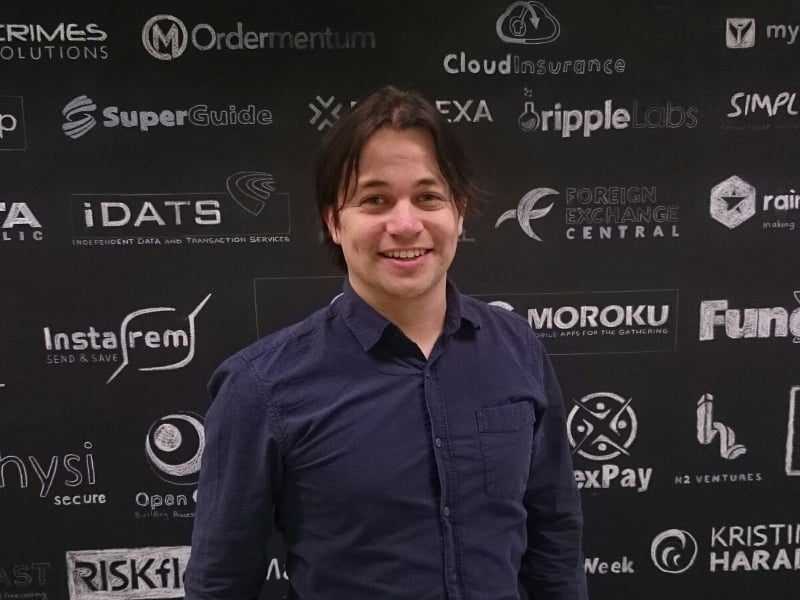Most entrepreneurs are happy with a single startup dominating their life around the clock. I decided that sleep was overrated and did two simultaneously.
The first of my startups is not your usual startup. The Science Party was registered in 2013 and believes technological and scientific advancement are the main reasons our quality of life has improved.
We took “Innovation, education and economic reform” to the 2013 federal election. You may question why I refer to the party as a ‘startup’. The party started with no members and we had to grow our “user base”. The party had very little money so we had to “bootstrap”, using resources efficiently.

To succeed we had to take risks and use data to determine the right approach. And finally, the value of a startup is the value of the team, and this very much applies to the Science Party.
My other startup is called Tapview. I started Tapview at the end of 2015 with two other cofounders from the Science Party, Jordan Rastrick and Alexey Feigin. I hope that Tapview will revolutionise online media by allowing people to easily pay small amounts for online content.
Tapview was selected for investment by the h2 Ventures accelerator program, and we’ll soon be launching so that media companies can attract users who appreciate high quality content.
I have had a range of experiences that have given me a broad taste of society from poor to rich and from publicly funded to privately operated.
I went from being in a poor family, to being at one of Australia’s best universities. I became a teacher, then I did a PhD, created a political party from scratch, and then a technology startup.
All these direction changes may seem excessive, but most young people only spend a couple of years in a job before moving on to better and brighter things. We’ve grown to realise that self-improvement through a variety of experiences is a good quality to have.
The prospect of six years in the one job is daunting for most people in the modern jobs market. Being stagnant for so long is considered career suicide, yet many parliamentarians have been in the same job for a decade or more.
The Science Party is a product of its time. I started the Science Party after Kevin Rudd had been deposed. We all know the problems that he caused to his government but, to his credit, he did something which no one since Gough Whitlam had done for the Australian public; he had inspired the masses.
In particular, he inspired the youth to back him. The knifing of Rudd rattled the risk-takers and as a result we now lack vision.
Inability to inspire the population is a failing of both leaders of the major political parties.
We’re in this strange situation where Malcolm Turnbull is the least disliked of the two leaders and the Labor Party is starting to look like it is the least disliked of the two parties.
The Federal Budget was a perfect opportunity for the Liberals to bring out some high quality policy with revolutionary ideas, particularly with regard to taxation and encouraging business.
Unfortunately, all we saw from Scott Morrison was a continuation of the current policy.
While it wasn’t particularly bad for the startup scene, it also wasn’t particularly good. It continued the tired and highly unpopular route of cutting public services without creative ways to improve our society with smaller expenditures.
On the other hand, Bill Shorten’s budget reply showed him finally getting to his feet to partially reveal his better side. But he also was very risk-averse in announcing new policies. He chose instead to focus more heavily on Turnbull’s lip-service-only approach to the policies that are important to many people.
Tired, non-risk taking policy is partly the result of the way it is formed. The major parties go to focus groups and surveys, and work out which policies will lose it votes. This strategy results in a non-polarising, “safe” policy platform and talking points.
The Science Party takes a different approach; individuals in the party are encouraged to contribute to and grow the party policy. In doing so, we create policy that is written by people with passion and vision.
We’re here to disrupt the status quo to offer daring new policies that people will either love or hate.
James Jansson is the Leader of The Science Party, and is co-founder of content payment startup Tapview.
Do you know more? Contact James Riley via Email.
